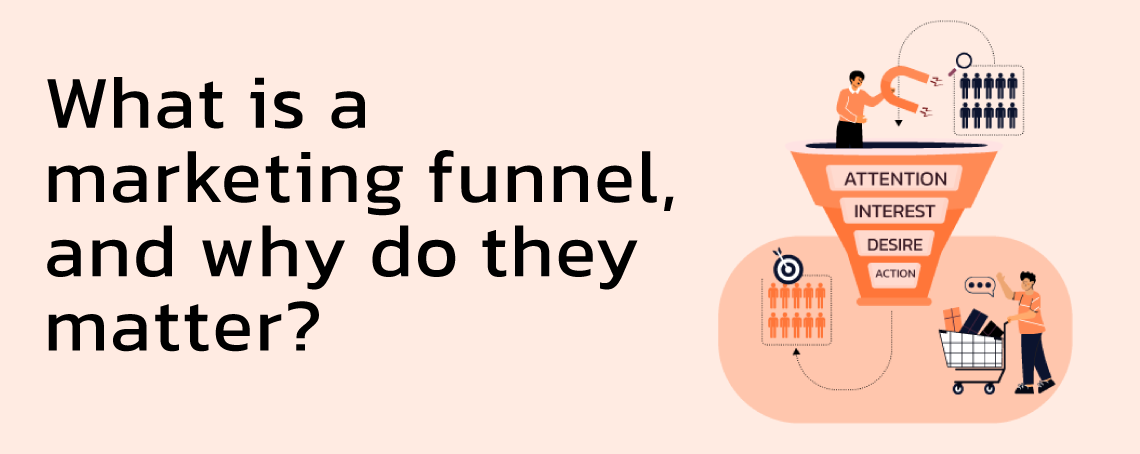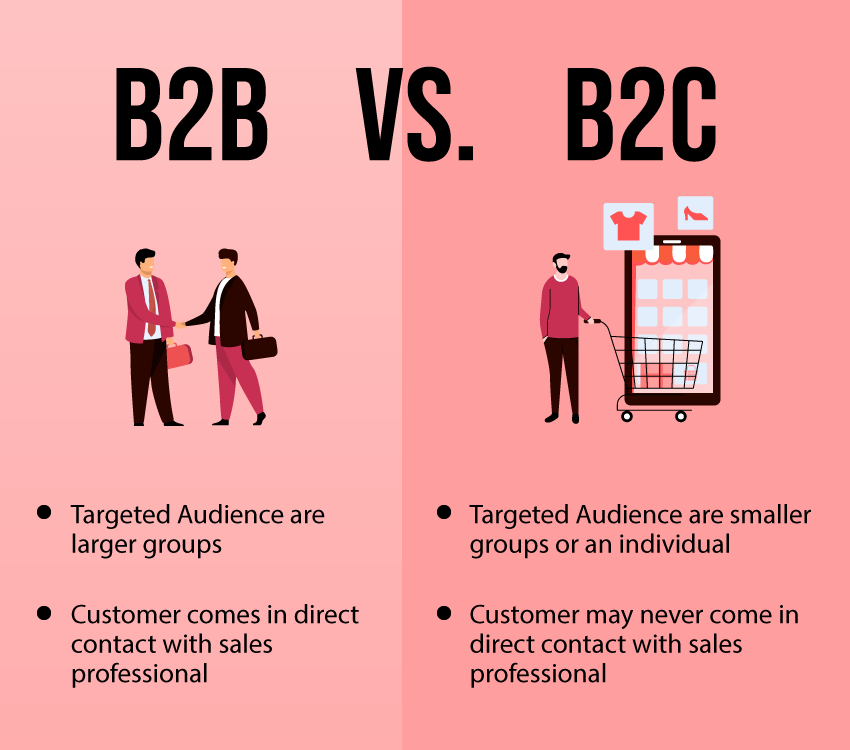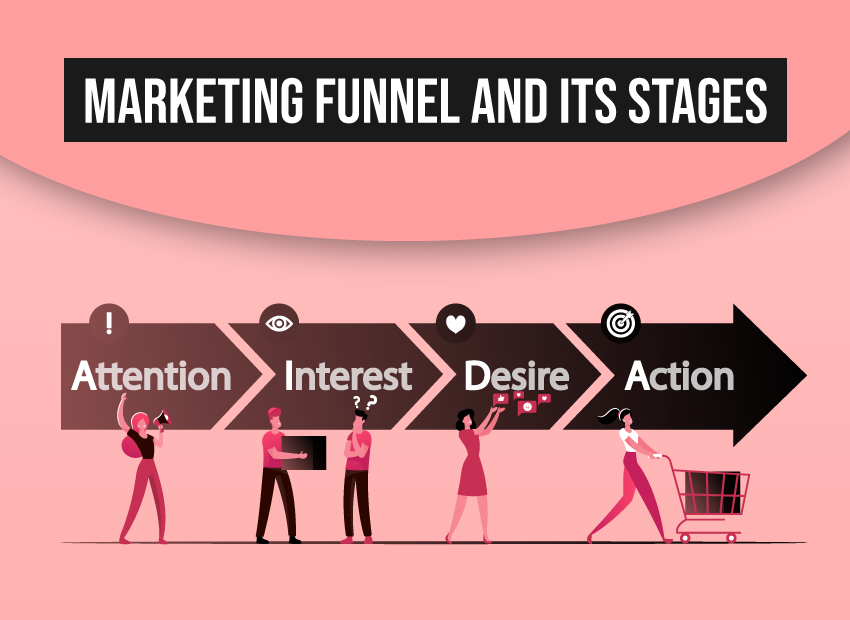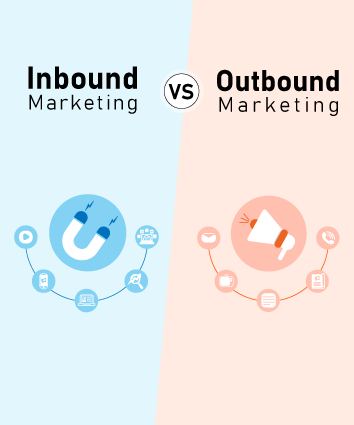What is a Marketing Funnel, & Why do they Matter?

When it comes to marketing analytics, the phrase “funnel” is likely familiar to you. So, let’s begin with what is a marketing funnel? And why is it so important?
You can see how buyers go from discovering your brand to making a purchase using marketing funnels. It’s helpful to know what makes certain consumers convert and what doesn’t when it comes to marketing. So, without wasting much time – let us see what is a marketing funnel?
What Is A Marketing Funnel?
The customer’s path from product or service awareness and brand recognition to purchase completion is defined by a marketing funnel. Funnels give a structure for marketers to monitor leads as they go from potential customers to actual customers and from potential customers to customers.
There are several ways in which a sales funnel may help you improve your sales cycle, monitor ROI, and offer a more tailored buyer experience. It’s a win-win situation since it increases your revenue, strengthens your brand’s reputation, and gives you a leg up on the competition.
A buyer’s journey through the marketing funnel used to be predictable, going from top to bottom, broad to narrow. The buyer’s journey has become more complicated in the digital marketing era, with many twists and turns. Today’s consumers, for example, do more research before purchasing since they have access to more information than ever before. Online product reviews are generally checked out after learning about a product.
Those that enjoy what they’ve read go to the next level in the funnel. Seeing a blog post or product comparison from a rival may cause them to backtrack or even leave your sales funnel. For a variety of reasons, including digital remarketing efforts, they may return to it at a later date.
So, after learning what is a marketing funnel? Let’s see its key advantages of it.
Benefits of Marketing Funnels
Marketing funnels streamline the consumer experience and make it simpler for businesses to track. Map out each stage of the decision process and prepare the actions the customer wants to take.
An effective marketing funnel may be used for almost every client encounter. It would help if you had a marketing funnel to increase your online sales, drive foot traffic to your brick-and-mortar company, or collect affiliate clicks. Using a funnel, you can clearly show your customers where they are in the relationship with your company.
The most major benefit of marketing funnels is their ability to be measured. If you know where you’re losing consumers, you can adjust your approach based on what your funnel tells you. For example, a greater brand recognition campaign is necessary if you lose clients before they reach the second stage.
What Are A Marketing Funnel And Its Stages?
If you want to see how a potential customer progresses through your marketing funnel, you may use this diagram. The four-step marketing funnel is the most popular.
Attention:
A potential consumer may come upon your business via an advertisement, a social media post, or word-of-mouth.
Interest:
They believe you can fix an issue and want to learn more. ‘
Desire:
The potential customer has done their homework and is ready to make a purchase.
Action:
The prospect does what you want them to do – they purchase your product, book a demo, or do anything else you want.
Why Sales And Marketing Funnels Are Effective
So, we hope you have grasped the concept of what is a marketing funnel? And its stages – let’s see why sales and marketing funnels are effective.
Marketing funnels may make the customer journey more straightforward for businesses to follow. These solutions provide a detailed map of each stage of the client’s decision-making process and help them plan the measures they wish to take at each level.
A marketing funnel may be used for practically every encounter with a consumer. A marketing funnel is something you need if you want to make sales online, increase foot traffic to your traditional business, or gather clicks as an affiliate marketer. A funnel is a strong tool that can be used to deliver awareness to each step of the connection process with your consumer.
The capacity to accurately measure results is the primary advantage offered by marketing funnels. Your funnel reveals the points at which you are losing consumers, which enables you to adjust your approach accordingly. For example, suppose you lose consumers before they even reach to the second step of the buying process. In that case, you need a more effective campaign to raise brand recognition.
B2B vs. B2C Marketing Funnels: What’s the Difference?
While we have discussed a lot about what is a marketing funnel? According to the demographics of your customers, your marketing funnels might alter.
B2C clients are more likely to walk the funnel independently or with the help of trustworthy friends and family. Customers of a business-to-consumer (B2C) relationship may never speak with a corporate person.

There are bigger and more targeted purchasing groups for B2B clients. In the early phases of the marketing funnel, B2B customers communicate directly with sales professionals.
When you tailor your sales funnel to the needs of your target audience, it immediately becomes more successful at converting them into customers.
Wrap Up
So, that was all about what is a marketing funnel? And how it impacts businesses. If you are still not aware of the marketing funnel – you will stay way behind in your behind. Contact us at hello@nflowtech.com or +91-9054331400.








